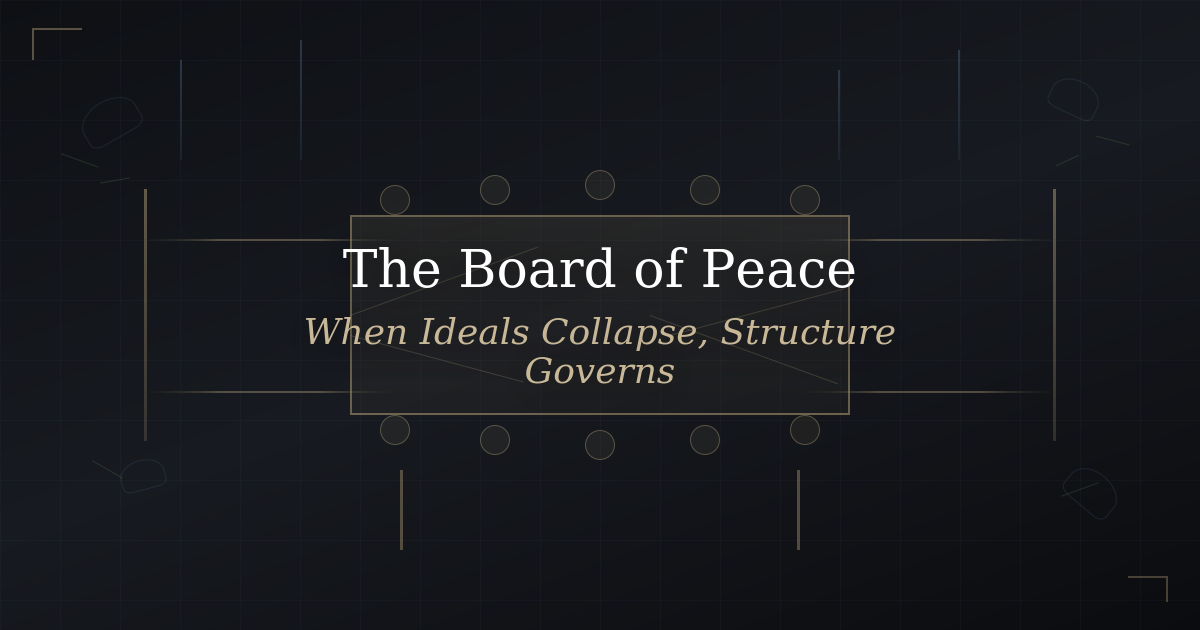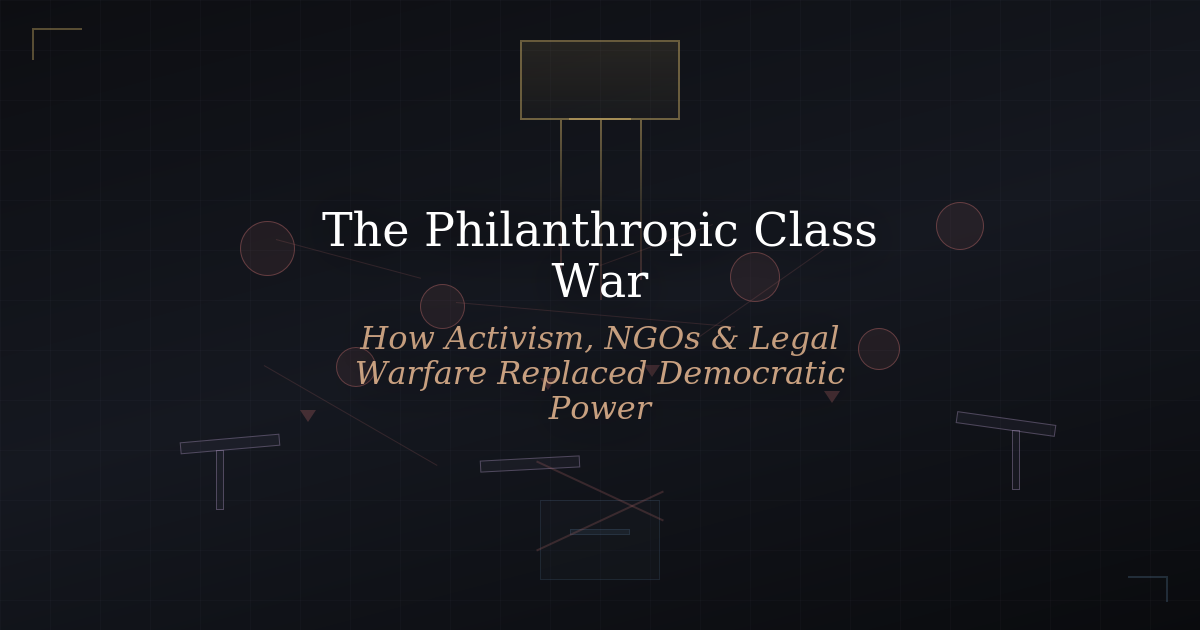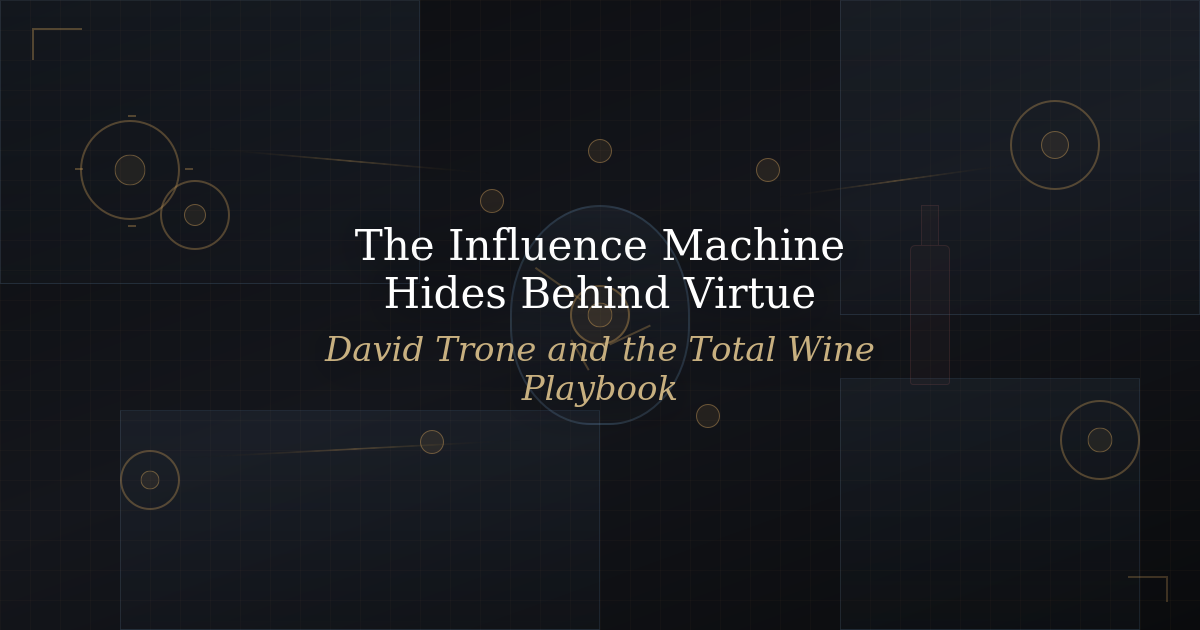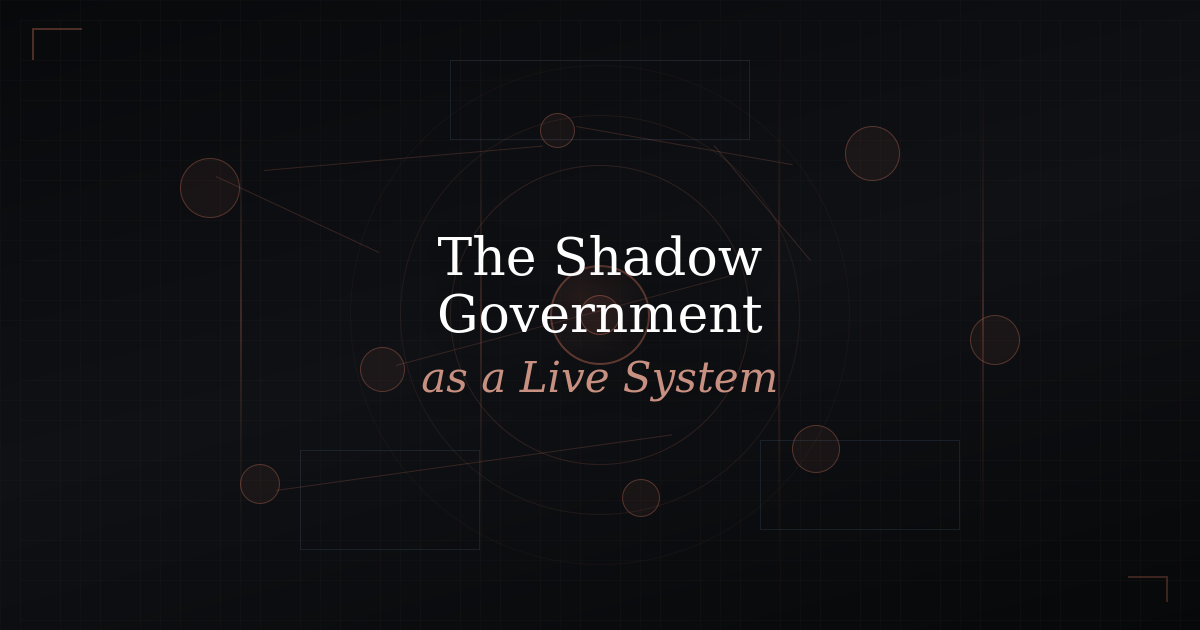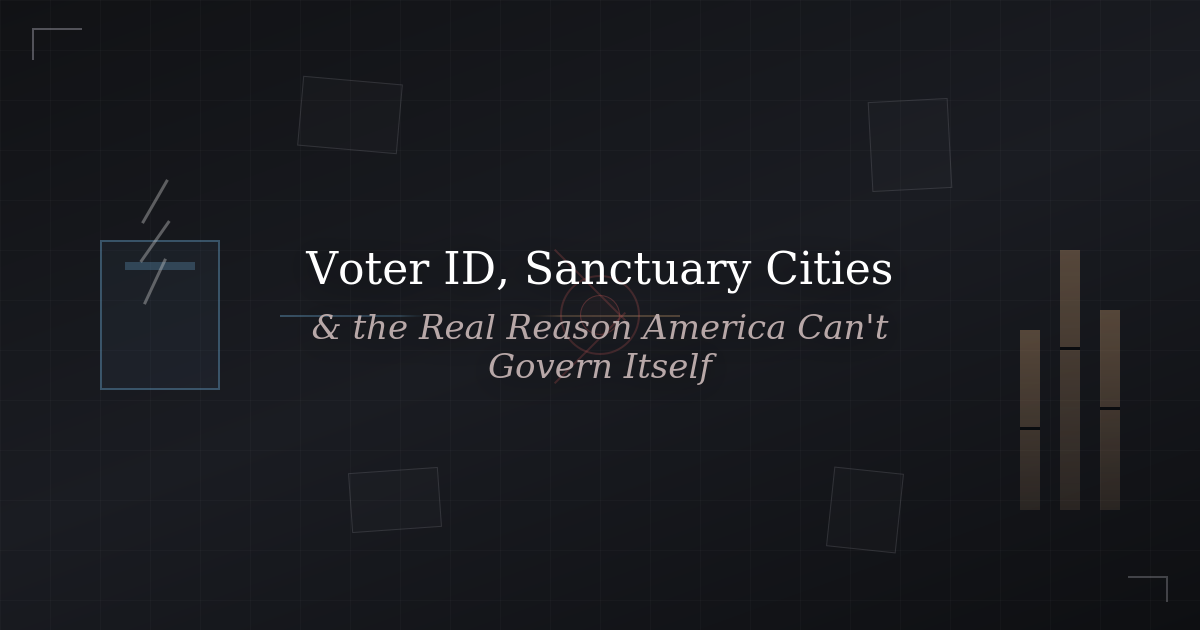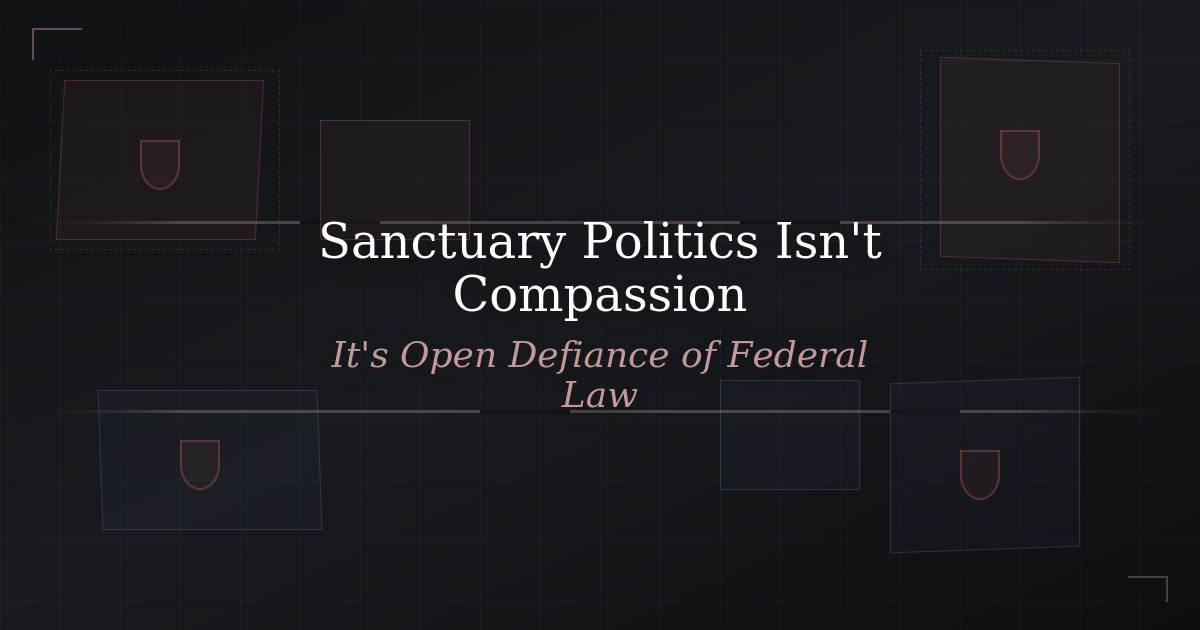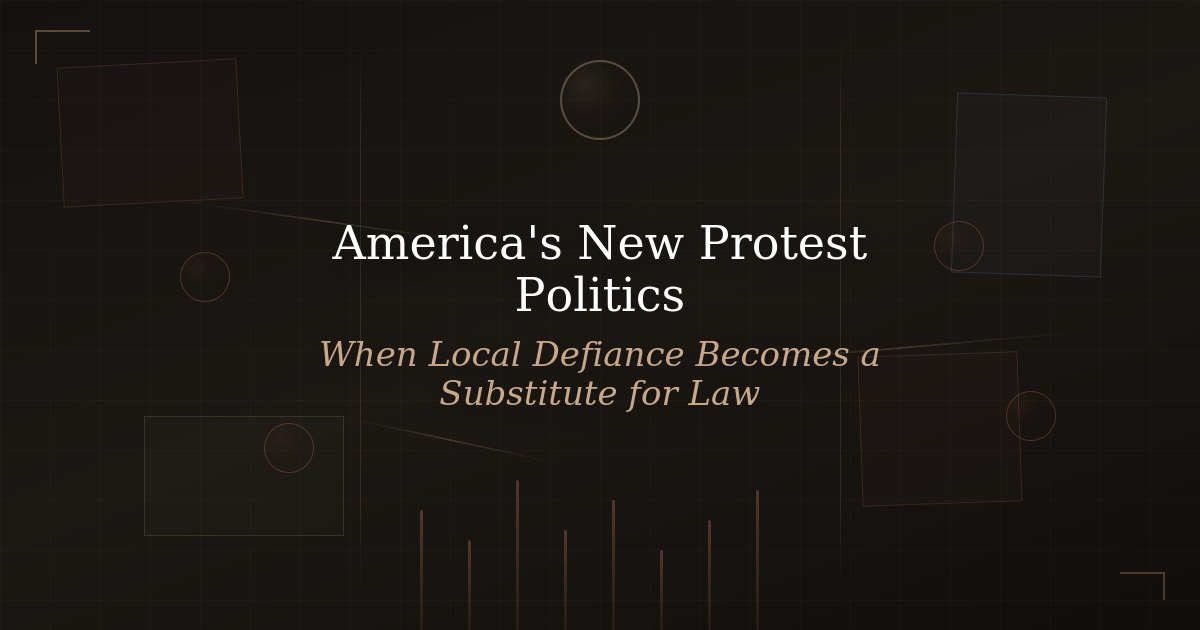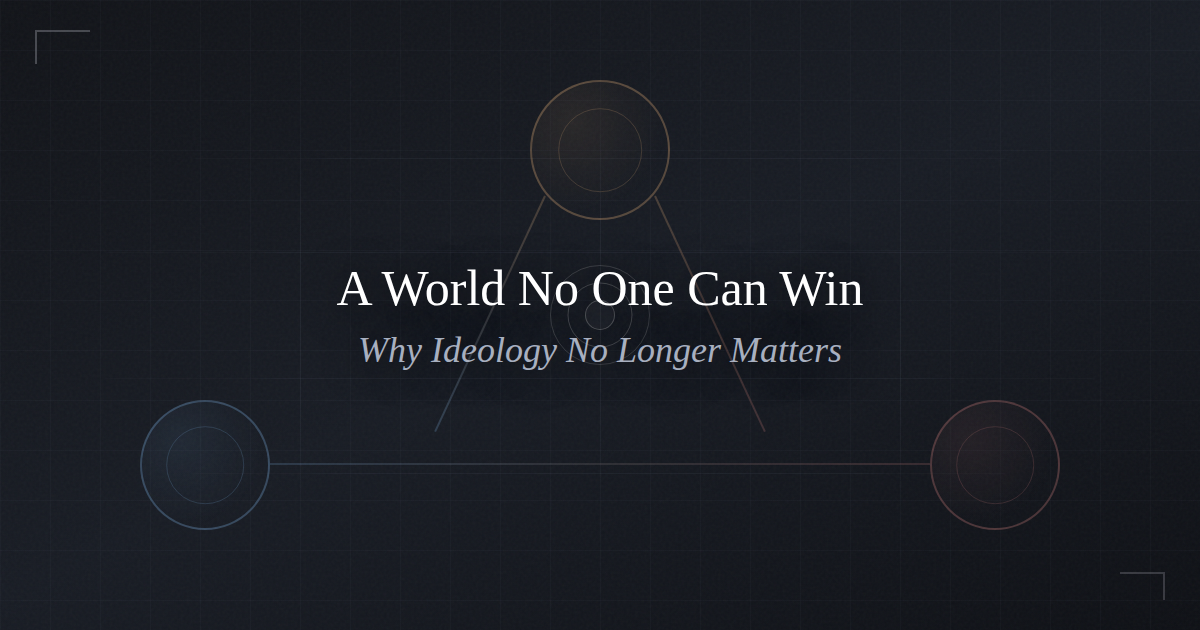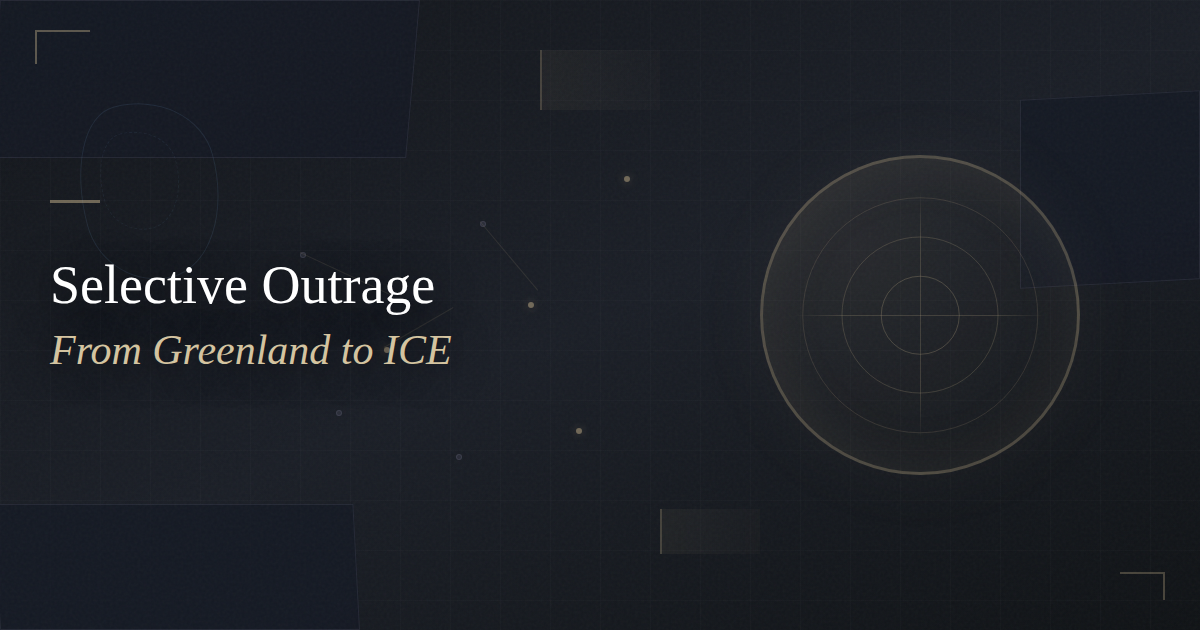Geopolitical Focus - September, 2024 # 2
Observations of the 2024 Democratic Ticket: Political Maneuvering and Media Narratives
The Israel – Gaza conflict seems to be getting out of hand, and the U.S., as a pro-Israeli ally, appears unable to intervene effectively. However, as in other conflicts, are we truly working toward resolutions, or merely giving our allies carte blanche while disregarding the consequences for others? Yes, Hezbollah and Hamas are ruthless, and their morals may differ from those of the U.S. or the West, but these differences have existed for thousands of years. Despite their opposition, Israel was imposed upon them with values that were never compatible. It has long been clear that a two-state solution is not viable, and the more Israel kills and mutilates Hezbollah and Hamas, the more young people will grow into the same hatred, continuing the conflict as either guerrilla warfare or open hostilities. It is a pipe dream to think Muslims will convert to Christianity. While we can argue that Jesus was a Jew born in Israel, the land has been disputed since ancient times, even dating back to the Neanderthals. It is also questionable that the British were given control of the territory and were the masterminds behind Israel’s creation. Solutions? After 1948, Israel won a war and was declared victorious, but history has shown us time and again that winning a war often plants the seeds for future conflicts. Ceasefires are better than destruction, yet Israel is focused on destruction, and the International Criminal Court (UN) seems unconcerned with the methods, which are perhaps only matched by Hamas and Hezbollah. Is Jewish theology about forgiveness, or is it more in line with "an eye for an eye" ? Or perhaps eschatology? Don’t we have UN peacekeepers? Why are they not deployed in the region, or at least leading peace talks? Is the U.S. interest more highly prioritized here? If so, let them fight a civil war, "an eye for an eye," just as it has been since ancient times. Or perhaps declare the entire region Palestine-Israel (ISPA), making Jerusalem an international center, with all embassies located there under a "Vatican-like" status, a state within a state. The rest of the region could remain open, with no borders. Isn’t that what the UN wants anyway, unless they, too, are part of the conflict?
The late 19th century saw the rise of a Jewish nationalist movement in Europe known as Zionism , as part of which aliyah (Jewish immigration to the Land of Israel from the diaspora ) increased. During World War I , the Sinai and Palestine campaign of the Allies led to the partitioning of the Ottoman Empire . Britain was granted control of the region by League of Nations mandate , in what became known as Mandatory Palestine . The British government had publicly committed itself to the creation of a Jewish homeland in the 1917 Balfour declaration . Palestinian Arabs opposed this design, asserting their rights over the former Ottoman territories and seeking to prevent Jewish immigration. As a result, Arab–Jewish tensions grew in the succeeding decades of British administration. In late 1947, the United Nations voted for the partition of Mandate Palestine and the creation of a Jewish and an Arab state on its territory; the Jews accepted the plan, while the Arabs rejected it. A civil war ensued, won by the Jews.
The latest development with Pagers exploding and the killing of civilians should spark global outrage, but we remain silent, distracted by U.S. elections and the perceived failures of the Biden administration. It seems we prioritize issues like abortion and celebrity culture over wars. As for Hamas, they will endure, and once the destruction has reached a certain level, people will say, "Look at the devastation caused by Israel," and view the Palestinians and Hamas as victims. Instead of focusing on a ceasefire, why not hold elections for a united region, like the EU? As for Secretary Blinken, who has been working under Biden for three years, he insists the U.S. was not involved in the pager explosion incident, which suggests that Mossad might now be in control of the CIA. The Israeli Times claims that the IDF was unprepared for the October 7 attack, perhaps intentionally, to finally get approval to eliminate those they see as enemies.
The UN's dreams of global power , and its incompetence, have turned it into a farce. António Guterres , a former Portuguese president, seems to have modeled his ideas on the philosophies of Mao, Lenin, and Stalin to build a global state with the UN as the ultimate governing body. Perhaps, once NATO is expanded worldwide, the UN will take control of defending radioactive territories and declaring the next generation as alien species due to deformities. While the UN may still have a place, its current size and structure mean that superpowers will always steer its course. Unless the UN takes a neutral and forceful stance, it should focus solely on non-political and non-military issues, disband its peacekeeping forces, and focus on humanitarian efforts. Independent organizations, like the WHO, could manage these efforts. Meanwhile, groups like the Bilderbergers and the WHO, which share similar ideas but are more effective, operate under the same banner. Maybe AI will solve the ego problem—unless legal systems protect the ego for their own agenda. Your choice: democracy or AI in politics? The ego always prevails, whether it’s a person or an inventor—they all think they know what’s best.
On September 22 and 23 , the UN will hold its "Summit of the Future" during the 79th General Assembly. The aim is to accelerate the goals of the 2030 Agenda for sustainable development and launch new initiatives. A "Pact for the Future" and a "Declaration on Future Generations" are expected to be adopted. This package is essentially a global social contract, with the UN gaining more institutional power as the central body for control and monitoring. Member states would be required to establish "a more effective and resilient multilateral system" with the UN at its center, as stated in paragraph 11 of the declaration's preamble.
However, despite the UN’s grand vision—similar to Brzezinski’s "Grand Chessboard"—the veto-holding superpowers are not listening to António Guterres, nor is the EU. So, what are people doing, and what are we spending money on? We will know more after the next world-saving congress in September. This will surely become a talking point in upcoming elections, as the UN is funded by its members but seeks to reign?
The United Nations, with offices in 193 countries and 37,000 employees , is the world’s largest universal multilateral international organization. It inspires people from around the world to join its mission of maintaining peace, advancing human rights and promoting justice, equality and development.
Back in October, the Secretary-General presented a $3.3 billion regular budget (RB) proposal to the General Assembly, stressing to delegates at the Assembly’s main budget committee that “the role of the United Nations has never been more vital.”
In his presentation, the UN chief also voiced concern over the deteriorating liquidity situation of the Organization, urging countries to ensure timely and full payments.
The regular budget (RB) encompasses UN programmes spanning various domains, such as political affairs, international justice and law, regional cooperation for development, human rights and humanitarian affairs, and public information.
In addition, the Organization maintains a distinct budget for peacekeeping operations, with the fiscal cycle 1 July to 30 June, while the RB cycle aligns with the calendar year.
Security Council
Main article: United Nations Security Council
Colin Powell , the US Secretary of State , demonstrates a vial with alleged Iraq chemical weapon probes to the UN Security Council on Iraq war hearings, 5 February 2003.
The Security Council is charged with maintaining peace and security amongst nations. While other organs of the UN can only make recommendations to member states, the Security Council has the power to make binding decisions that member states have agreed to carry out, under the terms of Charter Article 25. [ 108 ] The decisions of the council are known as United Nations Security Council resolutions . [ 109 ] The five permanent members hold veto power over UN resolutions, allowing a permanent member to block adoption of a resolution, though not debate. The ten temporary seats are held for two-year terms, with five members elected each year by the General Assembly on a regional basis . [ 111 ] The presidency of the Security Council rotates alphabetically each month. [ 112 ]
When Stalin faced Hitler , or when Kamala Harris steps in after Biden, translated into the first few paragraphs of this discussion on foreign affairs? While we may not be becoming Bolsheviks, we might be leaning toward Harriers if the election goes her way. Some leftists call Project 2025 a Manifesto—do we know hers?
He played a central role in the Russian Civil War and the creation of the Soviet Union. In 1922, Lenin appointed him head of the Communist Party. A month later, Lenin was incapacitated by a stroke, and Stalin seized his chance to create his own personal dictatorship inside the larger Bolshevik one. Beginning in the late 1920s, he forced through the building of a socialist state, herding 120 million peasants onto collective farms or into the gulag and arresting and murdering immense numbers of loyal people in the officer corps, the secret police, embassies, spy networks, scientific and artistic circles, and party organizations.
As the West considers long-range missiles for Ukraine, they are also examining the potential impact of nuclear fallout on agriculture , asking how it would affect the food chain, just in case. Meanwhile, peace advocates are wondering which U.S. cities might be targeted first. The UN wants to eliminate all such weapons. Since Alaska is closest to Russia and major companies like Google, Facebook, and other AI firms are located near the Pacific, it’s unclear whether Washington, D.C., would be the first to be struck strategically. Still, no one is talking about peace—it’s all war. Those who speak out against war often find themselves silenced.
Meanwhile, Germany (under Ms. Baerbock) continues to take money from its citizens to support Ukraine , while about 4 million Ukrainians (with a similar number likely fleeing to Russia) are living in Western Europe, relying on government aid. Mr. Zelensky, meanwhile, is presenting his "Victory Plan" to Biden, advocating for long-range bombings on Russia, which would further escalate the conflict. The U.S. continues to funnel money into defending democracy in Ukraine—a country that has never truly embraced it—while Biden seems determined to create a one-party government. As the war drags on, with projections of nuclear fallout, it appears to favor those like Dick Cheney and other elites, who likely have bunkers stocked with food for survival. This reflects the insanity of global leadership in the West, obsessed with using nuclear weapons to eliminate enemies. Meanwhile, their main concern is whether America will still have enough grain—unaltered by radiation or deemed edible by the FDA. And do we really think Kamala is a peace advocate?
While all this money is being funneled into the war effort, we see reports of a seismic explosion (Please explain an earthquake-sized blast) that resulted from a Ukrainian drone strike on a Russian arms depot—something that no one can verify. Nevertheless, Ukraine faces a tough winter, with a decimated infrastructure, a dwindling army, and weapons that are likely to provoke more Russian attacks. While reports suggest that around 1 million soldiers have been killed or wounded in the conflict, the West assumes most of them are Russian. Realistically, the ratio is probably more like 30:70, in favor of Russia. And if you want to strengthen Putin’s position in Russia, just displace a few "babushkas" from their homes—then you’ll see real chaos. (Note: using the term "babushka" today might label you as ignorant).
If you travel to foreign countries, most people live by the rules of the country they visit. So why is it that so many Americans get detained , prompting lawmakers to intervene? Would it not be better to provide travelers with information about the culture? In this sense, Elon Musk could be considered a foreigner, as he may not know the laws pertaining to Kamala Harris.
India and China are showing the world that diplomacy can work, as they are respecting their borders . Yes, China has a controversial history regarding the Uyghurs and other human rights issues, as does India. Still, their efforts to avoid war make up for this somewhat.
Then you see some optimists wanting to contain China —yet China may not want to be a hegemon or spend all its resources on military bases. Instead, it builds roads, infrastructure, and industries around the globe, including in Europe, impacting Germany’s economy and threatening its automotive industry. China also floods the market with solar products. Once, oil was the reason to protect certain parts of the world for industrial powers. Now, with wind and solar energy, we might as well become atheists and hope that each country gets its fair share of sunny and windy days. Where is Nostradamus when you really need him? Maybe we can create a fake version of him using AI—that would be a good start.

